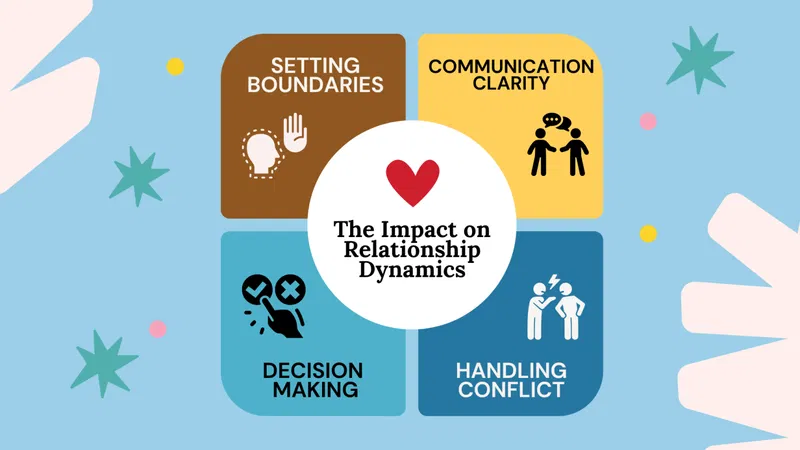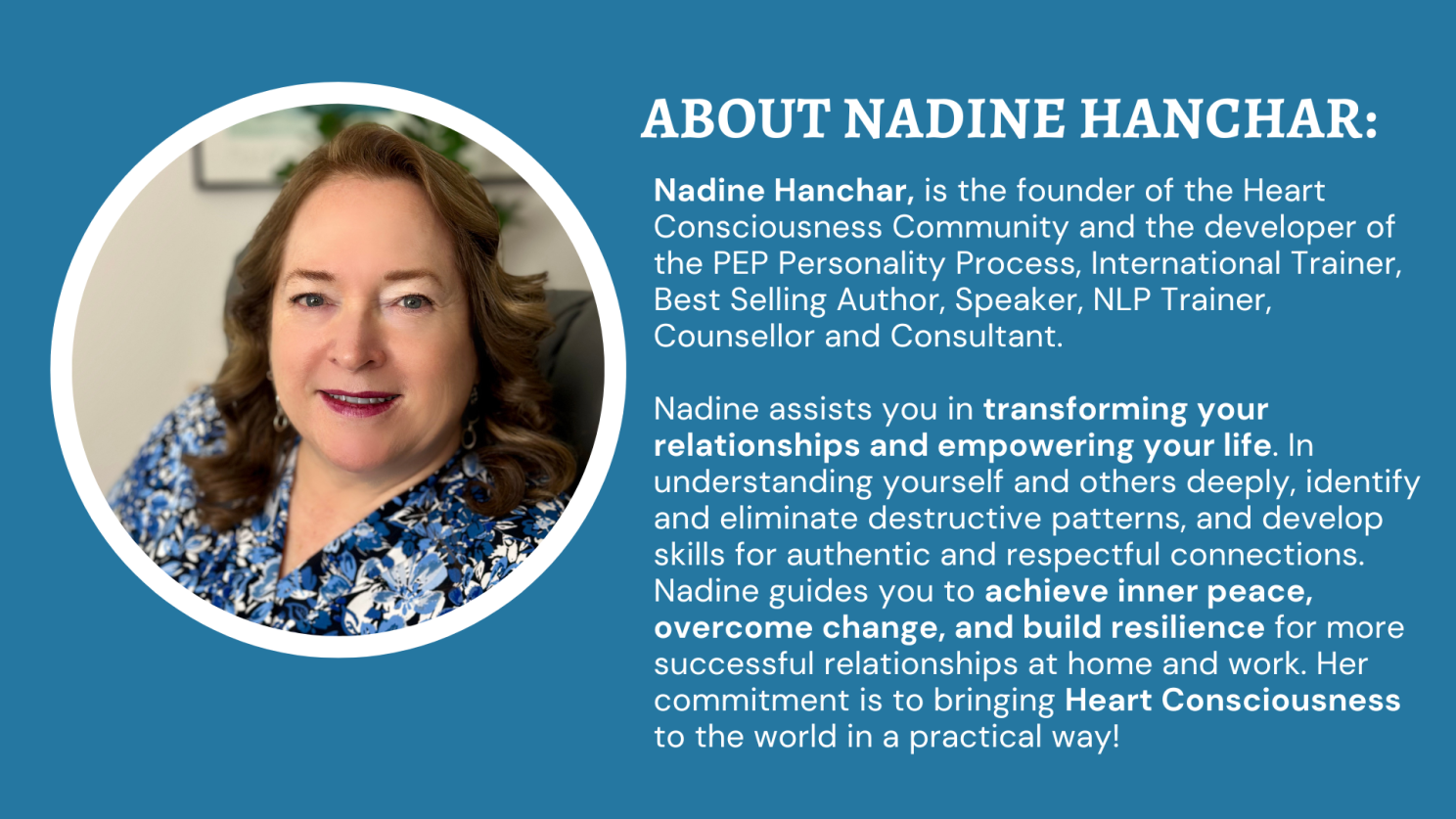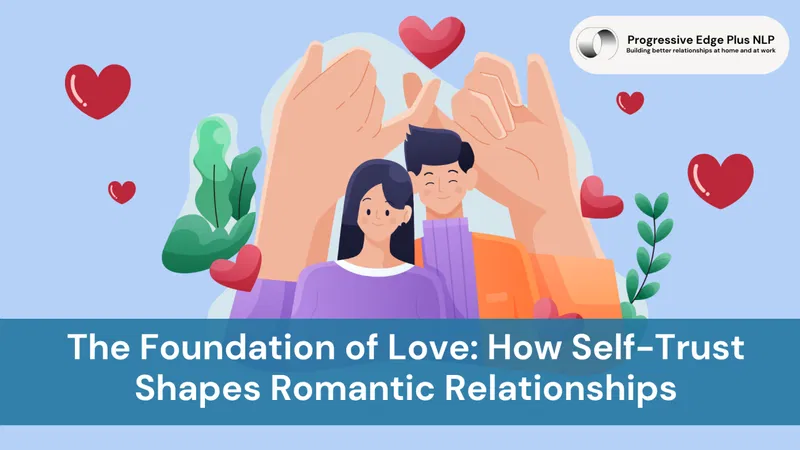In the labyrinth of love, trust isn’t just the glue that holds relationships together; it’s the very foundation upon which they are built. But what many fail to realize is that before we can truly trust our partner, we must first trust ourselves. This inward trust, or self-trust, is pivotal, not just for personal growth, but for the health and longevity of our romantic relationships.
The Roots of Self-Trust in Love
Self-trust begins with self-awareness. Knowing your values, your needs, and your deal-breakers sets a clear path for what you expect in a relationship. This self-knowledge fosters a sense of security within, allowing you to be more open and vulnerable with your partner, qualities essential for deep emotional connections.
The Impact on Relationship Dynamics
- Setting Boundaries: When you trust yourself, you’re more likely to establish and maintain healthy boundaries. This isn’t about building walls but about knowing where you end and your partner begins. It prevents co-dependency, ensuring both partners can grow individually while growing together.
- Communication Clarity: Trusting in your own judgment and feelings enables you to communicate more effectively. You’re less likely to hide your true feelings or conform to what you believe your partner wants to hear. This authenticity breeds a deeper understanding and respect between partners.
- Decision Making: Relationships are full of decisions, big and small. Self-trust empowers you to make choices that are best for you and the relationship, rather than being swayed by doubt or external opinions. This confidence is attractive and reassuring to a partner.
- Handling Conflict: When you trust yourself, conflicts become opportunities for growth rather than threats to the relationship. You approach disagreements with the confidence that you can handle the outcome, whatever it may be, leading to healthier resolutions.

The Ripple Effect of Self-Trust
The absence of self-trust can lead to a cascade of relationship issues. Doubt in oneself can manifest as jealousy, insecurity, or neediness, which are often deal-breakers in relationships. Conversely, when you trust yourself, you’re less likely to project insecurities onto your partner, reducing unnecessary conflict and fostering a more secure attachment.
Cultivating Self-Trust
So, how does one build this cornerstone of self-trust?
Self-Reflection: Regularly assess your feelings, thoughts, and actions. Understand why you feel the way you do about your relationship.
- Self-Care: Invest time in activities that make you feel good about yourself. This isn’t just about physical health but also mental and emotional well-being.
- Seek Feedback: Sometimes, an outside perspective can help validate your self-perception or challenge it constructively.
- Embrace Failures: Viewing failures as learning opportunities rather than setbacks builds resilience and trust in your ability to navigate life’s ups and downs.
Conclusion
In the dance of romance, trust starts with the self. By fostering trust within, you not only enhance your self-esteem but also lay down the groundwork for a relationship where trust is mutual. Remember, a relationship where both partners trust themselves and each other is like a fortress; it might still face storms, but it stands strong against them. So, before you seek to trust another, ask yourself: Do I trust me? The answer might just be the key to unlocking the full potential of your romantic endeavors.


